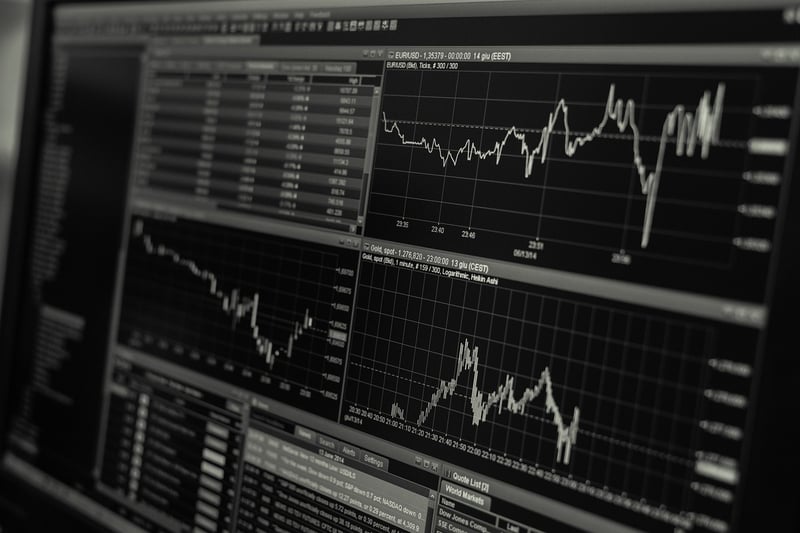Market Volatility
Understanding Market Dynamics and Market Volatility
Market Dynamics Explained
Market dynamics refer to the forces and factors that influence the price and behavior of financial markets. These dynamics are driven by various elements, including supply and demand, economic indicators, geopolitical events, investor sentiment, and market speculation.
Factors Affecting Market Dynamics
- Supply and Demand: The basic economic principle of supply and demand plays a significant role in shaping market dynamics. When supply exceeds demand, prices tend to fall, and vice versa.
- Economic Indicators: Key economic indicators such as GDP growth, unemployment rates, inflation, and interest rates can impact market dynamics by influencing investor confidence and market sentiment.
- Geopolitical Events: Political instability, trade wars, natural disasters, and other geopolitical events can create uncertainty in the market, leading to fluctuations in prices.
- Investor Sentiment: The collective mood and behavior of investors can drive market dynamics. Positive sentiment can lead to bullish markets, while negative sentiment can trigger selloffs and market downturns.
- Market Speculation: Speculative trading and rumors can also impact market dynamics by creating volatility and irrational price movements.
Market Volatility
Market volatility refers to the degree of variation in the price of a financial instrument or market index over time. Volatility is a measure of risk and uncertainty in the market, with higher volatility indicating greater price fluctuations.
Causes of Market Volatility
- Economic Data Releases: Unanticipated economic data releases can trigger market volatility as investors react to positive or negative news.
- Corporate Earnings Reports: Quarterly earnings reports of companies can impact market volatility based on whether they meet, exceed, or fall short of expectations.
- Global Events: Geopolitical tensions, natural disasters, or unexpected events on a global scale can cause market volatility as investors assess the potential impact on the economy.
- Market Sentiment: Sudden shifts in investor sentiment, driven by fear, greed, or uncertainty, can lead to increased market volatility.
Managing Market Volatility
Investors can manage market volatility by diversifying their portfolios, setting stop-loss orders, staying informed about market trends, and adopting a long-term investment approach to weather short-term fluctuations.

By understanding market dynamics and being aware of the factors that contribute to market volatility, investors can make informed decisions and navigate the ups and downs of the financial markets more effectively.
